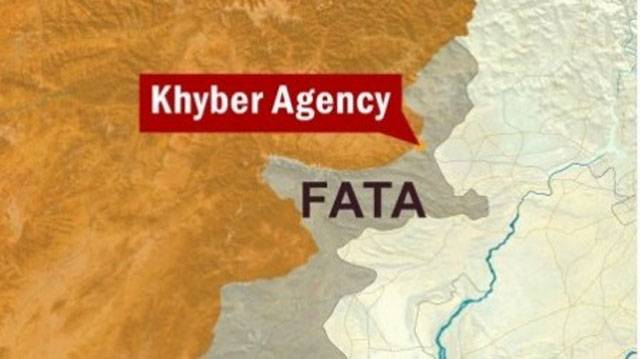The question of Federally Administered Tribal Areas’ (FATA) merger with Khyber-Pakhtunkhwa (KP) has been a contentious and polarising one, but lately, the opinion seems to be coalescing in one direction – that the merger should happen. The opinion seems to be stacking further in favour of the move, as the merger faction found another unexpected ally in the military.
While talking to field commanders and soldiers during a visit to South Waziristan on Sunday, Chief of the Army Staff Gen Qamar Javed Bajwa has said that the military will support the government’s efforts to “mainstream” FATA in keeping with the wishes of the people. In recent political discourse, the term “mainstreaming FATA” has become a nomenclature for “merger”, and while different parties attribute different meanings to the word – especially Jamaat Ulema-e-Islam Fazal (JUI-F) – when mentioned in conjunction with the “government plans” we can safely assume that it means that the army supports the merger between FATA and KP.
This is as explicit as the military will publicly get, but a little more clarity would have helped. The vast majority that supports the merger – the KP parliament, FATA parliamentarians and all major parties – will rightly take this statement as a go-ahead, but the tiny room for ambiguity will allow Maulana Fazlur Rahman to continue his solitary opposition of the move.
His version of mainstreaming envisions a separate province for FATA, and rehabilitation and development schemes to bring the mew province on par with the rest of the nation. However, he remains one of the only proponents of this solution, and with the army now supporting the government’s plans, his opposition to the merger seems increasingly futile – if it wasn’t so before.
The opinion is almost monolithic and that is a relief. The whole nation has realised that to solidify the gains of the military operation to root out extremism in the area, the erstwhile loosely administered lands need to be brought firmly into the folds of a modern democracy. Furthermore, the agreement on the fact that it be made part of an existing, culturally compatible and developed province instead of being left to its own devices is also commendable; it reduces administrative hassle and focuses the government’s efforts.
The merger is inevitable, and with the opinion stacked as it is, it is time that the government starts to move from the consensus phase to the implementation phase.






